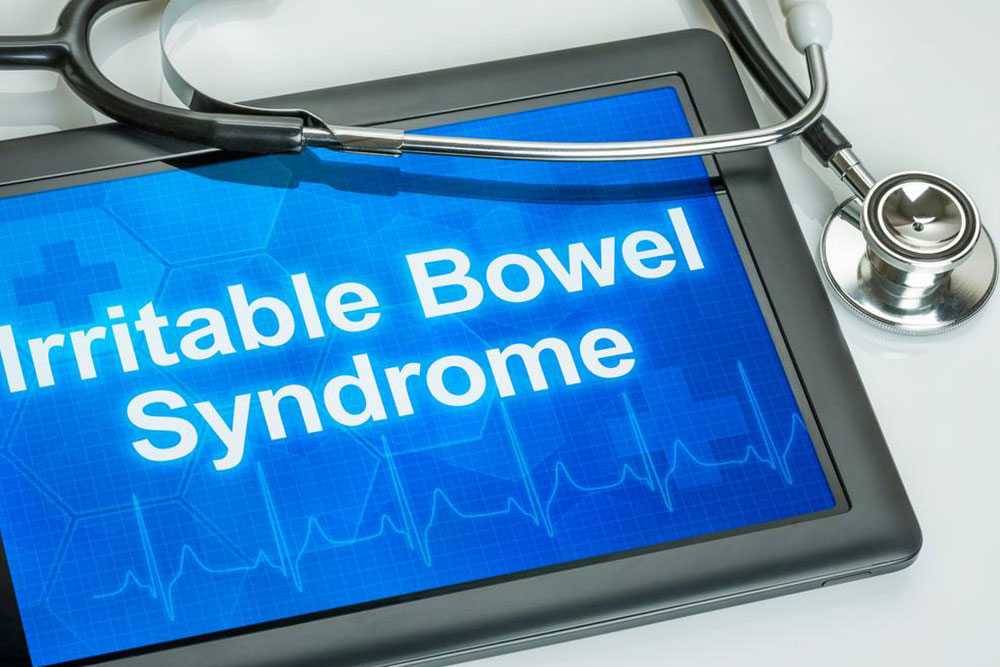Foods That Commonly Cause Gas and Bloating
Learn about common foods that cause gas and bloating, including beans, whole grains, vegetables, dairy, and processed items. Discover practical tips to minimize digestive discomfort and improve gut health through dietary adjustments and professional advice.

Experiencing occasional stomach discomfort is typical for many individuals. On average, adults pass gas between 14 to 23 times daily, especially after consuming certain foods that promote gas formation. If you notice frequent digestive issues, modifying your diet can be a beneficial step toward better health and immunity. Identifying and limiting foods that trigger gas can lead to a more comfortable digestive experience.
Foods That Might Lead to Gas
Legumes: Foods like beans contain raffinose, a complex sugar that produces gas when broken down by bacteria in the gut, leading to bloating and flatulence.
Whole Grains: Items such as wheat and jowar are high in fiber and raffinose, which can cause gas. Conversely, rice is generally well tolerated.
Cruciferous Vegetables: Vegetables like cabbage, cauliflower, broccoli, asparagus, and Brussels sprouts are rich in raffinose. Consuming them at night or in smaller quantities can help reduce bloating.
Dairy Products: Cheeses, yogurt, and ice cream contain lactose, which can cause digestive distress in lactose-intolerant individuals due to the absence of the enzyme needed to digest it.
Processed Foods: Packaged snacks, breads, sauces, and cereals often contain lactose and fructose, both of which are linked to increased gas production.
Fruits with High Fructose and Sorbitol: Sweet fruits like apples, pears, and mangoes contain fructose and sorbitol, which bacteria ferment into excess gas in the intestines.
Artificial Sweeteners: Sweetening agents like sorbitol, common in sugar substitutes, tend to produce more gas than natural sugars.
Carbonated Beverages: Sodas and fizzy drinks introduce air into the digestive system, leading to burping and gas buildup.
Tips for Reducing Gas
Adjust meal portions and timings to allow proper digestion and reduce bloating.
Consider nutritional supplements to aid digestion if you have a sensitive gut, but consult a healthcare professional beforehand.
While avoiding all gas-causing foods isn't practical, making informed dietary choices and experimenting with your diet can significantly improve your comfort. Seek medical advice if persistent symptoms like bloating, constipation, or diarrhea occur regularly.










